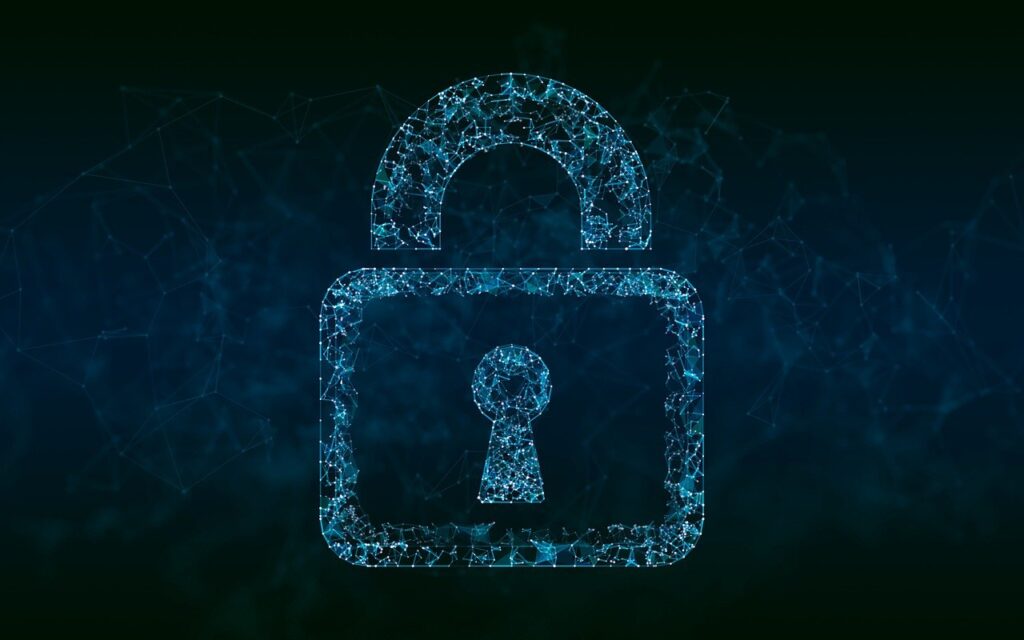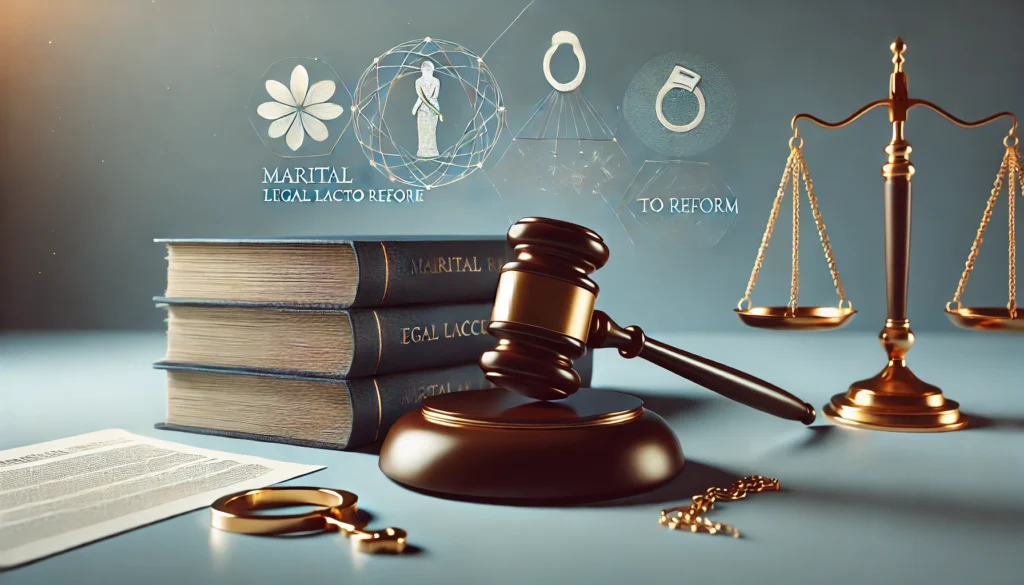Published On: November 17th 2025
Authored By: Sabari Manisha
Chennai Dr.Ambedkar Government Law
College Pudupakkam
Facts of the Case
The present writ petition, Roopsingh Badriji Solanki v. State of Madhya Pradesh (W.P. No. 1066 of 2019), was heard by the Indore Bench of the Madhya Pradesh High Court on 28 January 2019. The petitioner, Roopsingh Badriji Solanki, approached the court seeking adequate relief for his daughter, who had been the victim of a brutal acid attack on 9 November 2018. The attack left her with grievous injuries on her hands and legs, necessitating prolonged hospitalization. She was admitted to the M.Y. Hospital, Indore, but it was alleged that she was not receiving proper and adequate treatment in that government facility.
At the time of the petition, the victim had received a compensation of only ₹1,00,000 from the State. Counsel for the petitioner, Ms. Shanno Khan, contended that this was in clear contravention of the binding directions of the Supreme Court in Laxmi v. Union of India [(2014) 4 SCC 427], where the Court had categorically mandated that a minimum compensation of ₹3,00,000 must be provided to every acid attack victim across the States and Union Territories.
Further, reliance was placed on the subsequent order of the Supreme Court dated 10 April 2015 in Laxmi v. Union of India, W.P. (Crl.) No. 129 of 2006, where it was emphasized that victims of acid attacks were entitled not only to minimum compensation but also to free medical treatment, aftercare, and rehabilitation. The Supreme Court had also directed that private hospitals must not refuse such victims treatment on any ground, and that State Legal Services Authorities were required to coordinate with State Governments to ensure compliance with these directives.
In view of the inadequacy of the treatment provided at the M.Y. Hospital, the petitioner urged the High Court to direct that the victim be shifted to the Bombay Hospital, Indore (a private hospital), so that she might receive better treatment, in line with the Supreme Court’s directives.
On behalf of the State, Shri H.Y. Mehta appeared and submitted that although intimation had been given to the authorities on 23 January 2019, no formal instructions had been received till the date of the hearing. The State, therefore, did not put forward a substantive response to the grievances raised by the petitioner at that stage.
Against this backdrop, the High Court examined the relevant Supreme Court pronouncements and the factual matrix before it, to determine whether the petitioner’s daughter was entitled to further relief in terms of both compensation and medical treatment.
Issues Raised
- Whether the State of Madhya Pradesh had failed in its duty to ensure compliance with the binding directions of the Supreme Court in Laxmi v. Union of India [(2014) 4 SCC 427] regarding the mandatory payment of a minimum compensation of ₹3,00,000 to acid attack victims.
- Whether the treatment provided to the petitioner’s daughter at M.Y. Hospital, Indore, was inadequate and in violation of the Supreme Court’s directions that acid attack victims must receive proper medical treatment, aftercare, and rehabilitation, including free treatment in private hospitals when necessary.
- Whether the State authorities, including the Legal Services Authority, had a positive obligation under Section 357C of the Code of Criminal Procedure, 1973, and under constitutional guarantees (Articles 21 and 14), to ensure that victims of acid attacks are given immediate, comprehensive medical care and rehabilitation without discrimination or delay.
Petitioner’s Arguments
Inadequate Treatment Provided:
- The petitioner, represented by Ms. Shanno Khan, argued that the victim (petitioner’s daughter) had sustained severe burn injuries on her hands and legs due to an acid attack on 9.11.2018.
- She was admitted to M.Y. Hospital, Indore, but the treatment being provided there was inadequate and improper, violating her right to health and dignity under Article 21 of the Constitution.
- It was urged that the victim should be referred to a private hospital (Bombay Hospital, Indore) where proper and specialized treatment, including reconstructive surgeries, could be made available.
Non-Compliance with Compensation Guidelines:
- The petitioner contended that despite the binding directions in Laxmi v. Union of India [(2014) 4 SCC 427], the State had only disbursed ₹1,00,000, whereas the mandatory minimum compensation of ₹3,00,000 was required to be paid to every acid attack victim.
- The delay and partial disbursal amounted to a denial of justice and non-compliance with Supreme Court directives.
Reliance on Supreme Court Precedent:
The petitioner relied on the Supreme Court’s order dated 10.04.2015 in WP (Cri.) No. 129/2006, Laxmi v. Union of India, which clearly mandated:
- Minimum ₹3,00,000 compensation for every acid attack victim.
- Provision of free medical treatment (including medicines, food, bedding, and reconstructive surgeries) in both government and private hospitals.
- Issuance of a certificate by the first treating hospital recognizing the victim as an acid attack survivor, enabling access to state welfare schemes.
It was argued that Madhya Pradesh authorities had failed to implement these directives.
Statutory Right to Treatment:
- The petitioner also invoked Section 357C of the Code of Criminal Procedure, 1973, which imposes a legal obligation on hospitals (both public and private) to provide free first-aid and medical treatment to victims of offences, including acid attacks.
- Failure by hospitals to provide such treatment would amount to violation of statutory duty, warranting strict action.
Respondent’s Arguments
Lack of Immediate Instructions:
The learned counsel for the State, Shri H.Y. Mehta, submitted that although the intimation regarding the petition was sent to the respondents on 23.01.2019, no instructions had yet been received from the concerned authorities.
This indicates the State’s unpreparedness to respond to the petitioner’s grievances during the hearing.
No Substantive Counter to Petitioner’s Claims:
The State did not provide any substantive denial of the petitioner’s claims regarding:
- The inadequate medical treatment at M.Y. Hospital.
- The shortfall in compensation (only ₹1 lakh paid instead of ₹3 lakhs).
Effectively, the State failed to justify its position or demonstrate compliance with Supreme Court directions in Laxmi v. Union of India.
Implicit Reliance on Procedural Delay:
By pointing out that instructions had not been received, the respondent side effectively relied on bureaucratic and procedural delays as a shield against immediate accountability.
This highlights systemic apathy rather than any legal or substantive rebuttal.
Rationale
Binding Nature of Supreme Court Directions
The Court relied heavily on the Supreme Court’s rulings in Laxmi v. Union of India [(2014) 4 SCC 427] and subsequent orders (2015), which:
- Mandated a minimum compensation of ₹3,00,000 for every acid attack victim.
- Required both government and private hospitals to provide free medical treatment, including medicines, food, bedding, reconstructive surgeries, and aftercare.
- Directed no refusal of treatment by hospitals under Section 357C CrPC.
Victim-Centric Approach
The High Court emphasized that the petitioner’s daughter, as an acid attack victim, had a right to proper treatment and rehabilitation.
Since she was not receiving adequate care at M.Y. Hospital immediate intervention was necessary to protect her fundamental rights under Article 21 (Right to Life & Dignity).
State’s Obligation to Comply
The Court noted that despite clear directions from the Supreme Court, several States (including Madhya Pradesh) had failed to fully implement compensation and treatment schemes.
The judgment reiterated that financial incapacity or bureaucratic delay cannot excuse non-compliance, since acid attack compensation does not impose an “undue burden” on State finances.
Directive to Ensure Justice
To ensure the victim’s immediate welfare, the Court ordered:
- The victim was shifted to Bombay Hospital, Indore (a private hospital) for free treatment.
- The concerned respondents released the balance compensation (₹2,00,000) within one week.
This was not only in line with Laxmi but also necessary to uphold the dignity, health, and rights of the victim.
Defects of Law
Lack of Enforcement Mechanism
While the Court directed that the victim be shifted to Bombay Hospital and the balance compensation be paid, it did not specify consequences for non-compliance.
Many acid attack judgments suffer from implementation delays, and this order did not mandate penalties or strict timelines beyond “one week,” leaving enforcement uncertain.
No Structural Directions to the State
The judgment only addressed the individual victim’s case, not the systemic lapses in Madhya Pradesh regarding compensation and treatment schemes.
A stronger approach would have been to summon compliance reports from the State or State Legal Services Authority to ensure all acid attack victims receive benefits, not just this petitioner.
No Monitoring or Follow-Up
The Court did not appoint a monitoring authority (like the State Legal Services Authority) to oversee whether the petitioner actually received proper treatment and funds.
This gap risks the order being ignored once the matter leaves the court’s immediate supervision.
Ambiguity in Role of Private Hospitals
The Court relied on the Laxmi precedent about private hospitals providing free treatment but did not clarify reimbursement mechanisms.
Without clarity, private hospitals often resist free treatment due to financial burden, causing victims to suffer delays or denial of care.
Reactive Rather Than Preventive
The judgment focused only on post-attack relief (treatment, compensation), not on preventive measures such as strict acid sale regulations or awareness campaigns, which were also highlighted in Laxmi.
Inference
The judgment in Roopsingh Badriji Solanki v. State of Madhya Pradesh (2019) reaffirms the Supreme Court’s directions in Laxmi v. Union of India by emphasizing two key rights of acid attack victims: (i) the right to adequate compensation and (ii) the right to free and proper medical treatment, including from private hospitals. The High Court’s order highlights the State’s responsibility to not only disburse the mandated ₹3 lakh compensation but also to ensure immediate, quality treatment and rehabilitation.
However, the inference drawn is that while the Court effectively addressed the individual grievance by ordering the victim’s transfer to Bombay Hospital and directing timely compensation, it fell short of ensuring systemic compliance across the State. The directions lacked robust enforcement mechanisms and monitoring structures, making them vulnerable to bureaucratic delays.
Thus, the case illustrates both progress and limitations: the judiciary continues to play a vital role in protecting the dignity and rights of acid attack victims, but sustainable impact requires stronger institutional accountability, proactive State policies, and continuous monitoring rather than case-by-case interventions.




